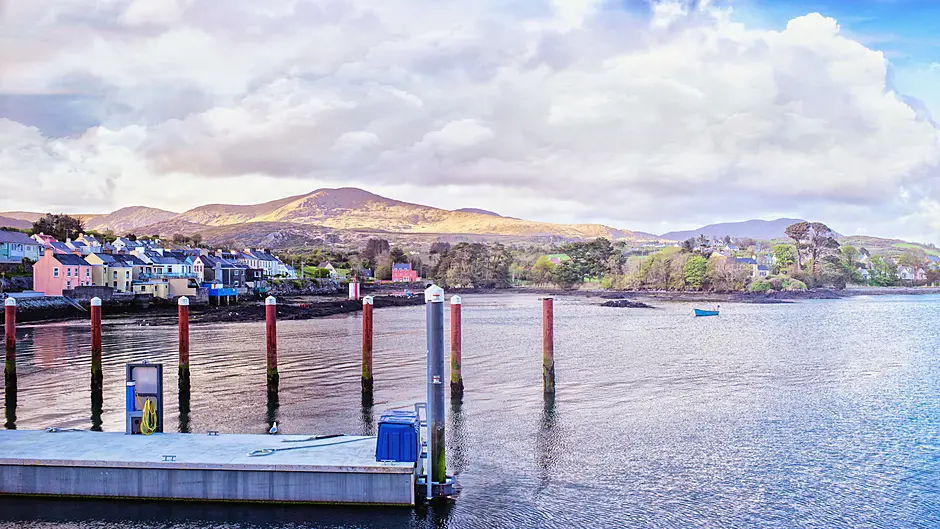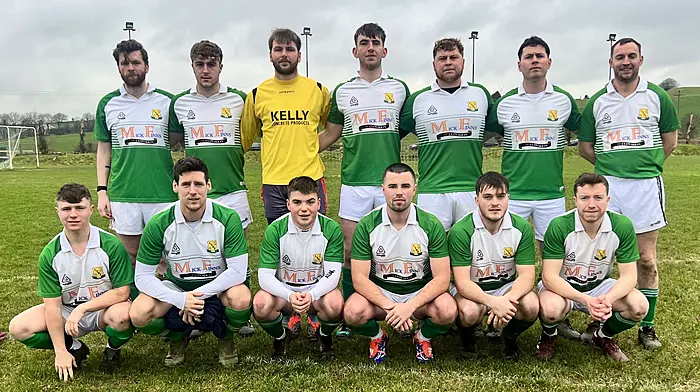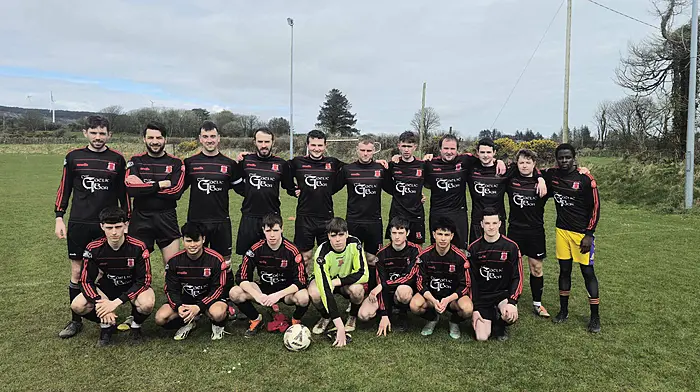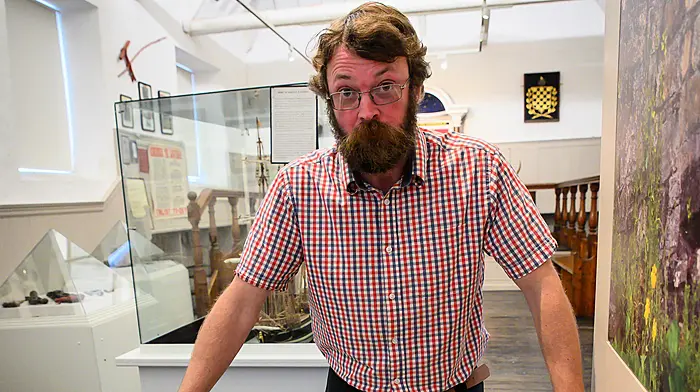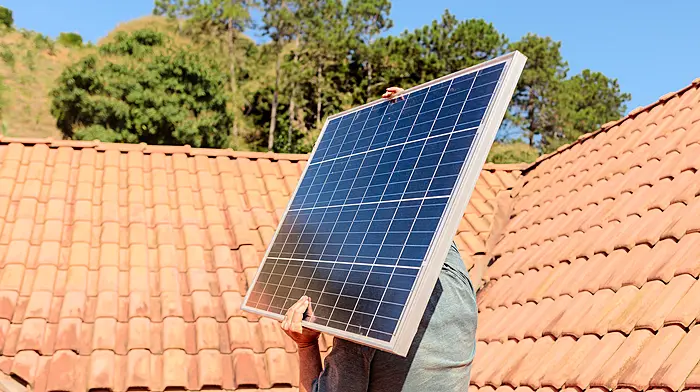AN environmental group based in West Cork has called for an immediate study of the potential for solar-powered desalination as a solution to Castletownbere’s drinking water supply.
Friends of the Irish Environment (FIE) cited Cork County Council director of planning services Padraig Barrett’s recent announcement to councillors that excess extraction of water from the current water source may be altering the hydrological conditions both there and in the feeder river, to an extent where it was negatively impacting on freshwater habitats, and particularly the freshwater pearl mussel.
This has meant the Council must curtail planning permission approval for houses and industries which cannot tap their own wells.
FIE said the area’s current water supply has exceeded the EU parameters for trihalomethane [THM], a combination of chemicals that pose potential health risks.
THMs are a group of chemicals, including chloroform, formed when organic matter (naturally occurring plant and animal debris) in a water source is treated with chlorine. They can be removed with charcoal filters bolted onto existing water treatment plant or through filters on house supplies or individual taps.
FIE filed the original complaint about THMs to the European Commission in 2011, leading to a recent European Court judgment against Ireland.
The Castletownbere public supply also serves the villages of Eyeries and Ardgroom, and FIE director Tony Lowes said Irish Water had suggested a long-term solution to the Castletownbere problem could be the amalgamation of a number of water supplies in regions being fed from Barley Lake, near Glengarriff.
But he said other options need to be considered.
‘Advances in solar power generation and in desalination technology made it imperative that the Council consider this option,’ he said.
‘In Crete, a ground-breaking project is using solar energy for desalination to address water scarcity. Desalination powered by solar power is a practical and exciting solution which can provide a significant, reliable, and climate-independent source of clean water to communities where other options are no longer sufficient to meet the legal requirement for clean and wholesome drinking water,’ added Mr Lowes.

